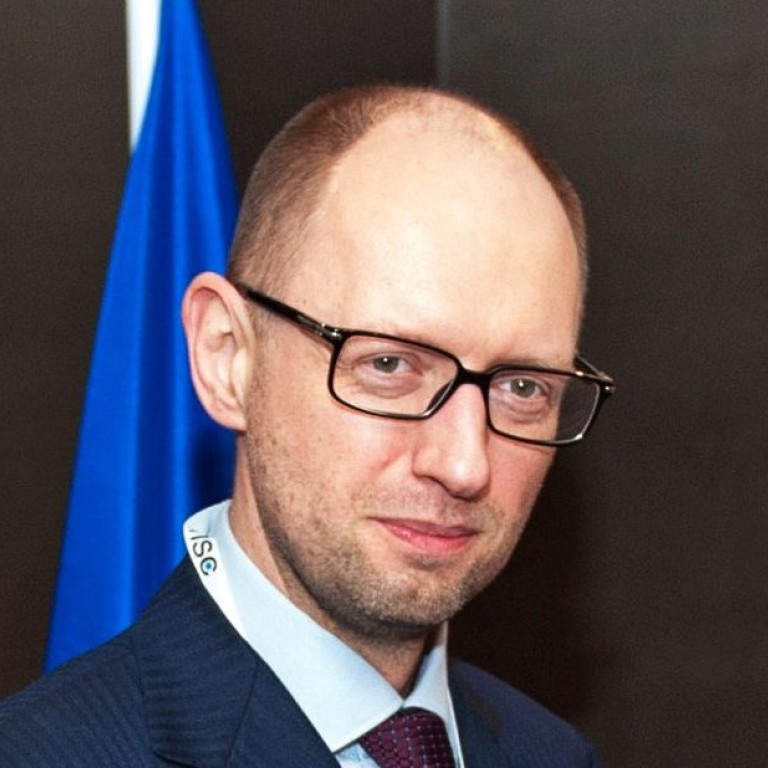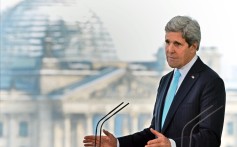
Ukrainian opposition leader Arseniy Yatsenyuk pushes for support
A top Ukrainian opposition leader said Friday that his country needs more than “vocal support” from the West and that he would push at a security conference for more active involvement to help resolve the current political crisis.
A top Ukrainian opposition leader said Friday that his country needs more than “vocal support” from the West and that he would push at a security conference for more active involvement to help resolve the current political crisis.
“Ukraine desperately needs a Marshall plan and not martial law in order to stabilise the political and economic situation in the country,” lawmaker Arseniy Yatsenyuk told reporters as he arrived at the Munich Security Conference.

Ukraine’s foreign minister was also to attend the Friday-Sunday conference along with many of the world’s top diplomats and defense officials. It was unclear whether he would meet with Kerry as well.
Before arriving in Munich, Kerry said in Berlin that offers from Ukrainian President Viktor Yanukovych had “not yet reached an adequate level of reform.”
Kerry, who met Friday night in Munich with Russian Foreign Minister Sergey Lavrov behind closed doors, said ahead of time he would also seek to persuade Moscow that an agreement in Ukraine is in its interest.
Protests started in Ukraine after Yanukovych backed out of an agreement to deepen ties with the European Union in November, but quickly came to encompass an array of discontent.
Yanukovych then got a $15 billion aid package from Russia, which was key to propping him up and keeping the struggling Ukrainian economy from falling into bankruptcy.
But as the crisis drags on, concerns are rising about whether Russia will keep its financial commitment if Yanukovych’s government collapses.
The conference comes at a time when several international crises in the spotlight in addition to Ukraine.
U.N.-Arab League mediator Lakhdar Brahimi arrived only hours after eight days of bitter negotiations between Syria’s government and the Western-backed opposition concluded in Geneva without tangible results.
Brahimi joined Kerry and Lavrov, along with U.N. Secretary General Ban Ki-moon, to review the first round of negotiations and discuss planning on the next round.
Brahimi sounded discouraged about the peace process, saying “we haven’t achieved anything” and that he was not certain the talks would even resume on Feb 10 as hoped.
If they do resume, he said, “I hope also that those who have influence on the government and also on the opposition will do their best to make sure that the people who will come back on the 10th of Feb will be a little bit more constructive and ready to discuss seriously how this war is going to be finished.”
In addition to Russia, another key supporter of the Syrian regime has been Iran, whose Foreign Minister Mohammad Javad Zarif joins the meeting Sunday to address questions about his country’s nuclear programme.
German Defense Minister Ursula von der Leyen touched on some of the other conflicts simmering at the moment, emphasising her country’s new willingness to be more engaged internationally.
She said Germany was helping destroy chemicals that could be used for weapons from Syria, aiding France in Mali, and would support the upcoming European Union effort in the Central African Republic if needed.
“Indifference is not an option for Germany,” she said.
